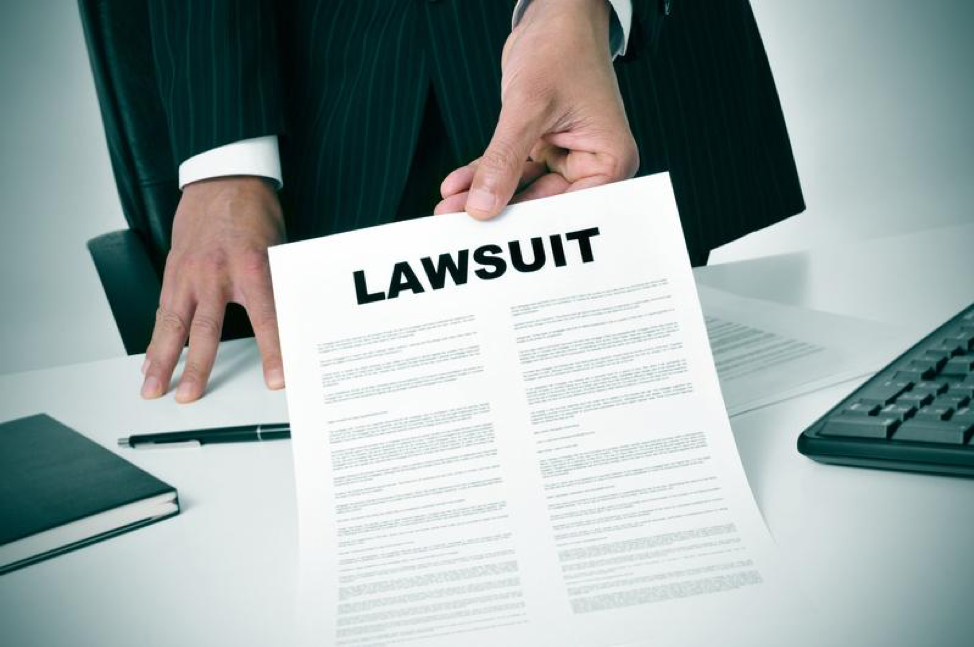Can I Deduct Attorneys’ Fees on My 2018 Taxes?

Now that we’re deep into tax season after the 2017 tax reform (The Tax Cuts and Jobs Act of 2017), it’s a good time to review whether your attorneys’ fees are tax deductible. Deducting legal fees on your tax return can help offset the high cost of hiring professional legal assistance, sometimes justifying the need for […]
How to Protect Your Business From Common Lawsuits

As an entrepreneur, it’s your responsibility to make sure that the business runs smoothly and is not affected by anything. One thing that can greatly harm your business is a lawsuit for tort liability. To avoid being a victim, here are five ways to protect your business from common lawsuits: 1. Monitor Your Actions and […]
Why Yes, You Can Renew Your DACA — for now!

Due to a recent law suit regarding the Deferred Action for Childhood Arrivals (DACA) program, a federal judge has ruled that USCIS must continue the program while the lawsuit is pending a decision. As such, USCIS released a preliminary injunction on January 13, 2018 announcing it will be accepting renewal applications for existing DACA holders […]

